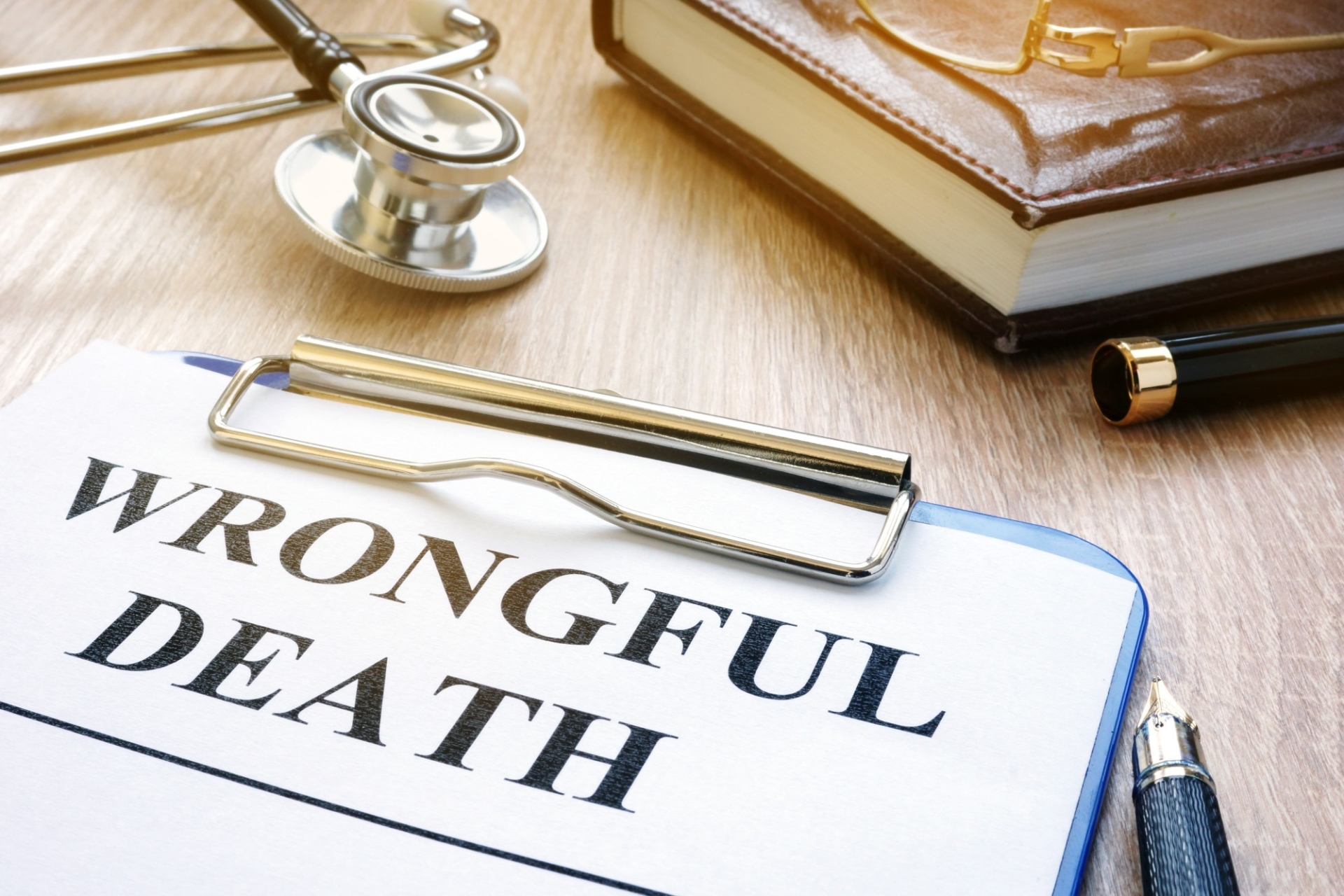If someone’s been killed due to another person’s negligence, it can be possible for the victim’s grieving family to sue them in court. Essentially, it refers to a legal obligation that an individual has towards others, not just in keeping themselves safe but also in taking reasonable steps to ensure they are not putting other people at risk. If someone died, their loved ones might have legal recourse if they believe the person responsible was negligent or reckless and therefore did not act with a duty of care.
There must be a causal link between the defendant’s actions and the injured person’s injuries. The court will decide whether or not this causal link has been broken by studying how negligent the defendant was in their actions before the injury occurred. It can often be hard to demonstrate this kind of causal link, and whether or not their actions caused your particular loss, so it’s best to get professional legal advice on what you can do next.
What Is a Wrongful Death Claim?
A wrongful death claim is a kind of civil lawsuit that can be filed in the aftermath of a fatal accident. They can be brought by anyone who has suffered a loss due to someone else’s negligence, and in some instances, loved ones can also sue for loss of financial support. The compensation that’s available includes anything that the victim would have been able to pay out if they had survived. This might include medical bills, lost wages, funeral expenses, and more.
A legal duty of care is an ethical obligation that an individual has towards other people. This means that they have a responsibility to take reasonable steps to protect themselves and their loved ones from harm. If someone’s killed by the driver in front of them, their family members may be able to sue for loss of financial support and other damages. Whether or not there’s a duty of care present is often a core part of this kind of case since the main thing being disputed will be how the defendant behaved prior to the accident taking place.
What Are the Major Elements in a Wrongful Death Case?
1. Proving Negligence:
In order to win a wrongful death claim, however, an individual must have proven that the defendant was negligent. A legal duty of care is present in these cases since the plaintiff will be arguing that their loved one would still be alive if someone else had acted with care and caution. The defendant will therefore have to prove that the person responsible was not careless or reckless in any way and they were not acting with the duty of care at all.
2. Duty of Care:
If the defendant failed to show they were acting with a duty of care, this might be enough in itself to support the plaintiff’s claim. It can often be hard to prove this kind of causal link, and whether or not their actions caused your particular loss, so it’s best to get professional legal advice on what you can do next.
3. Causation:
The court will need to decide whether the defendant’s actions caused the plaintiff’s injuries. This might be possible if there was an immediate causal link between the injury and another person’s actions, for example, if your vehicle was hit from behind by someone in front of you. If this is proven, this will show that their negligence somehow caused your victim’s death and therefore supported a wrongful death claim.
4. Damages:
When a claim for wrongful death is successful, the family of the deceased may claim compensation for their loss. It goes well beyond their financial needs as it will also include any additional losses such as pain and suffering and funeral expenses etc., anything that they would have been able to pay out if they had survived.
Who Can File a Wrongful Death Claim?
Anyone who has suffered a loss due to the negligence of another person may have an opportunity to bring a wrongful death lawsuit. They may do so if someone is killed in an accident or if they die due to medical negligence or malpractice. In some cases, it’s possible to file a claim on behalf of the deceased person, while other times, it will be filed by their next of kin, such as a spouse, partner or parent, etc. It all depends on the situation and what works best for everyone involved.
How Are Wrongful Death Settlements Paid Out?
Every case will be a little different, depending on the circumstances and the financial losses that were suffered. It’s recommended to get legal advice to find out whether you have a strong enough claim if you want to file a claim against someone else. This can give them the information they need to call on an expert or two, such as an accident investigator and perhaps even an accident reconstructionist. There’s no one-size-fits-all approach when it comes to wrongful death lawsuits, so seeking the advice of a good lawyer is usually the best way forward.
Conclusion:
A wrongful death claim is a serious kind of legal matter, but it is not necessarily the only type of claim you could bring against someone else. You should definitely get legal advice if you want to pursue this kind of case against another person and make sure that it’s the right thing to do for all parties involved. If you have no relatives left and your loved one has passed away under suspicious circumstances, it’s worth considering taking this further to see if you can get some answers.




